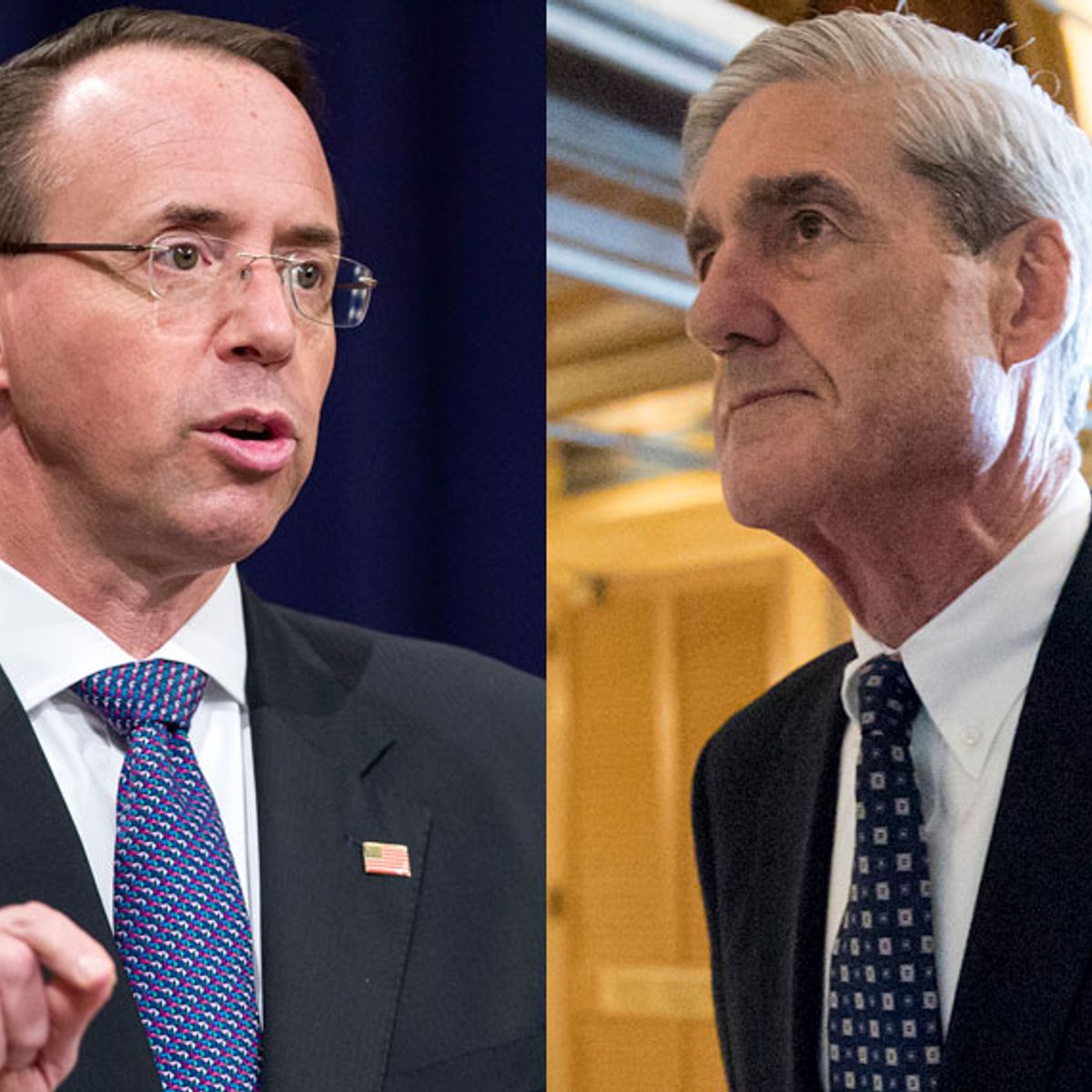 |
| Al Drago/Reuters |
A spurious prosecutor futilely investigated four nobodies who did not commit the nonexistent crimes they were ridiculously accused of.
Finally, three years coming, the Justice Department is showing a little more leg on the Rosenstein “scope” memo — the directive by which then–deputy attorney general Rod Rosenstein defined the parameters of the investigation he’d appointed Special Counsel Robert Mueller to conduct.
Of course, the games never end in the Trump–Russia probe, so there’s a hitch. The scope memo remains partially, tantalizingly redacted. Disclosure is limited to Rosenstein’s purported grounds for investigating four members of the Trump presidential campaign: Carter Page, Paul Manafort, George Papadopoulos, and Michael Flynn. But six lines of text, which appear to describe a fifth person, and the supposed basis for investigating that person, remain blacked out.
Does this redacted section refer to President Trump? We do not know.
We do know that the FBI had opened a criminal investigation of Trump, based on the untenable theory that a president’s firing of the FBI director could amount to obstruction of justice. The last 200 pages of the special counsel’s voluminous report, moreover, demonstrate that the cabal of activist Democrats that Robert Mueller recruited to conduct the investigation tried like hell to make an obstruction case on Trump. But was that aspect of the special counsel’s enterprise licensed by Rosenstein’s scope memo? For some reason, we’re not being told.
The scope memo is dated August 2, 2017. It is worth rehearsing why it was necessary.

Rosenstein appointed Mueller on May 17, 2017. In doing so, as I explained repeatedly at the time, he failed to comply with federal regulations. The appointment of a special counsel is proper only if there is a factual basis to support a criminal investigation that the Justice Department is too conflicted to conduct. The Russia investigation was not a criminal investigation; it was a counterintelligence investigation. The latter focuses on the activities of foreign powers for information-gathering purposes, not on criminal activity for prosecution purposes.
On Trump–Russia, there was no factual basis for a criminal investigation, which is why Rosenstein did not attempt to articulate one in his directive appointing Mueller. Therefore, the question of whether there was a conflict requiring the appointment of a prosecutor from outside DOJ should never have been reached. Even if it had been reached, there was no conflict, which is why the FBI and DOJ had been conducting the Russia investigation for nearly a year before Mueller’s appointment. In any event, because the FBI’s counterintelligence mission is not prosecutor work, it normally does not need a DOJ prosecutor, much less an outside prosecutor.
That the initial appointment directive was wholly inadequate is not surprising. In that Week That Was, Rosenstein was evidently an emotional wreck.Read the rest from Andrew C. McCarthy HERE.
If you like what you see, please "Like" us on Facebook either here or here. Please follow us on Twitter here.

No comments:
Post a Comment